in Thoreau’s Journal:
I am attracted nowadays by the various withered grasses and sedges, of different shades of straw-color and of various more or less graceful forms. That which I call fescue grass is quite interesting, gracefully bending to the zephyr, and many others are very perfect and pure. Wool-grass is one of the largest and most conspicuous. I observe it rising thinly above the water in which it is reflected, two or three feet, and all its narrow rustling leaves stream southeasterly from the stems, though it is now quite calm, proving the prevalence of northwesterly winds. An abundance of withered sedges and other coarse grasses, which in the summer you scarcely noticed, now cover the low grounds, –the granary of the winter birds.
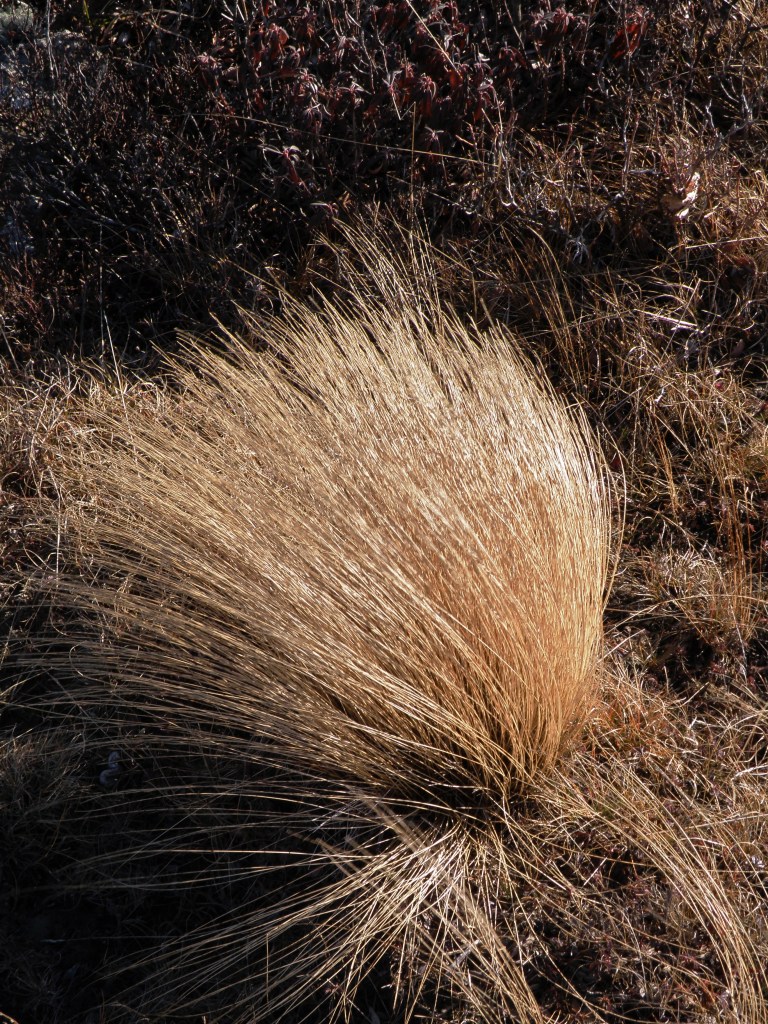

A very different end they serve from the flowers which decay so early. Their rigid culms enable them to withstand the blasts of winter. Though divested of color, fairly bleached, they are not in the least decayed but seasoned and living like the heart-wood.

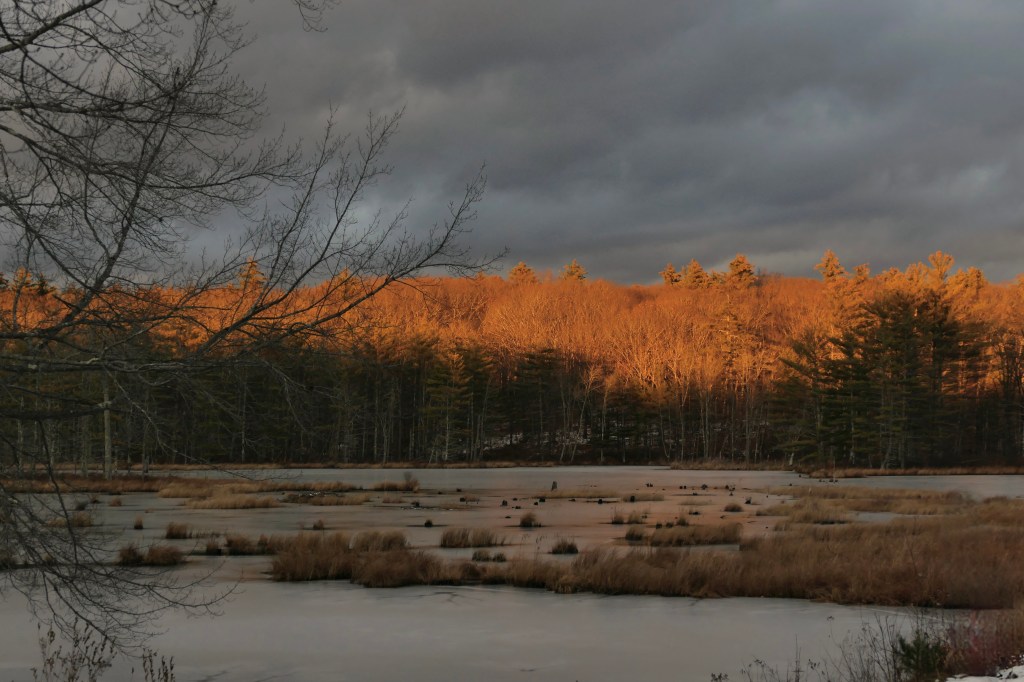

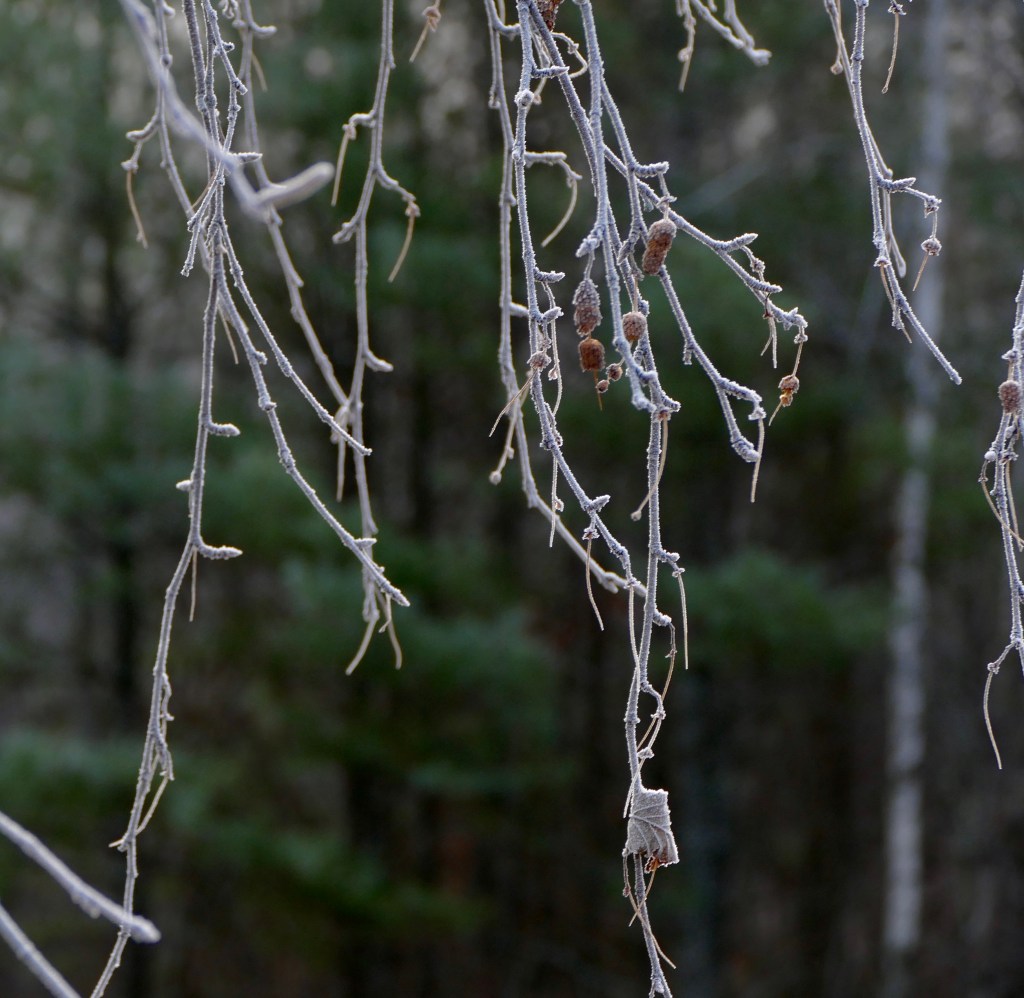

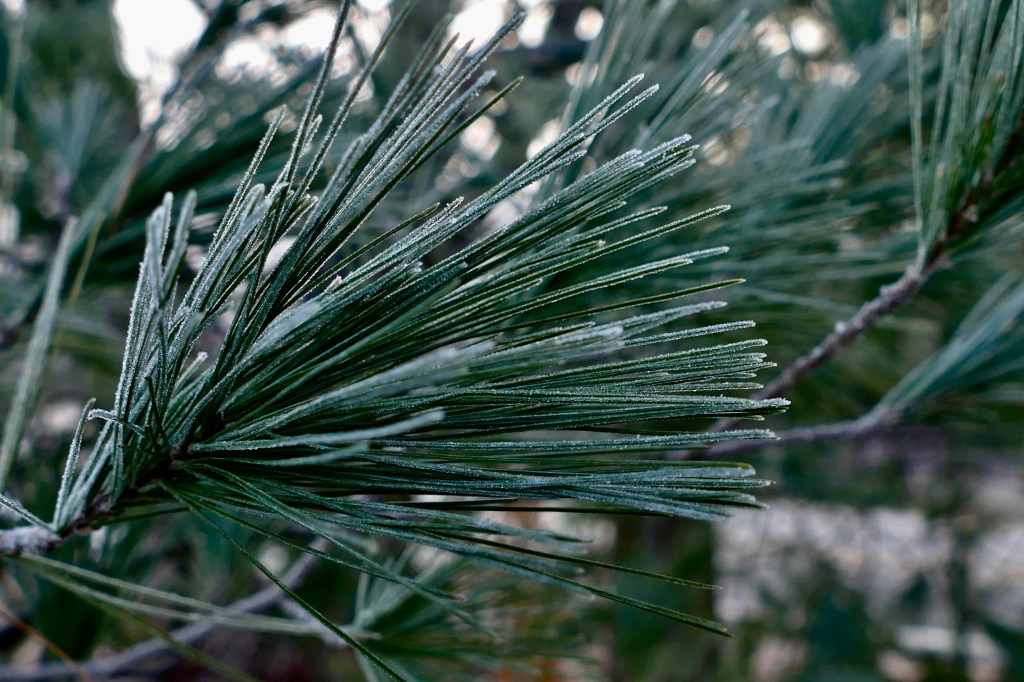

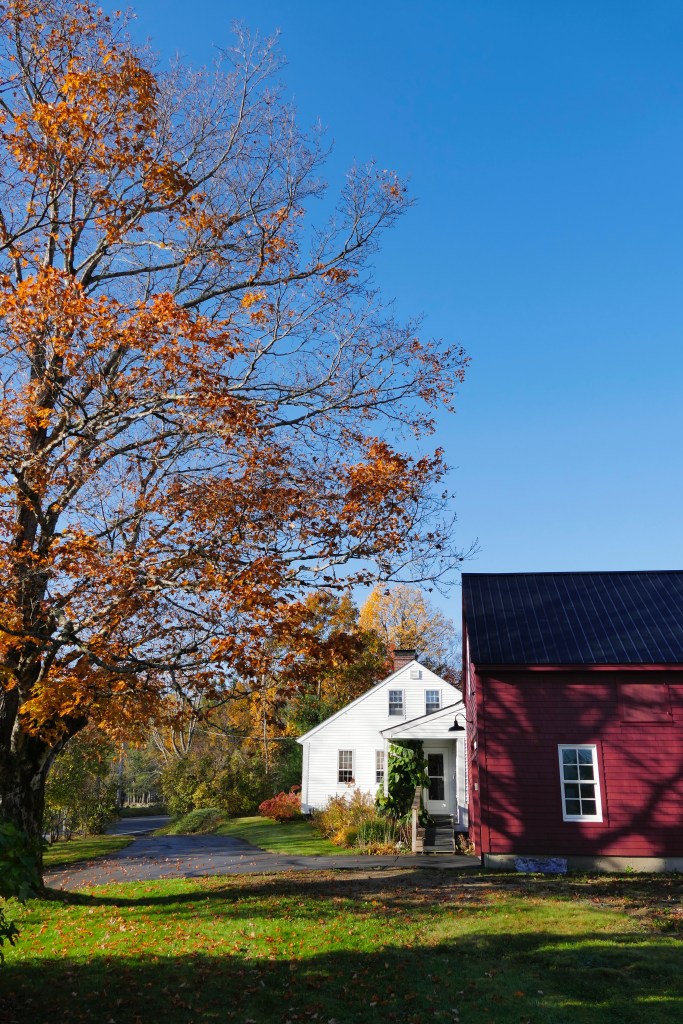
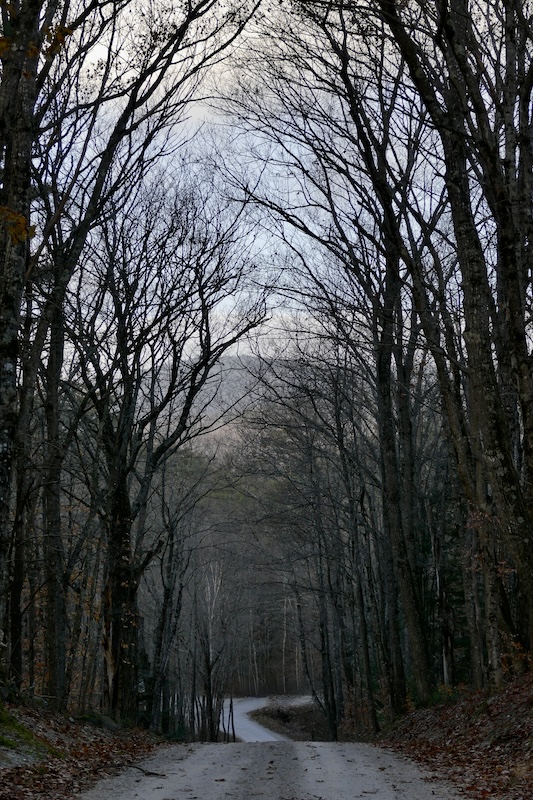
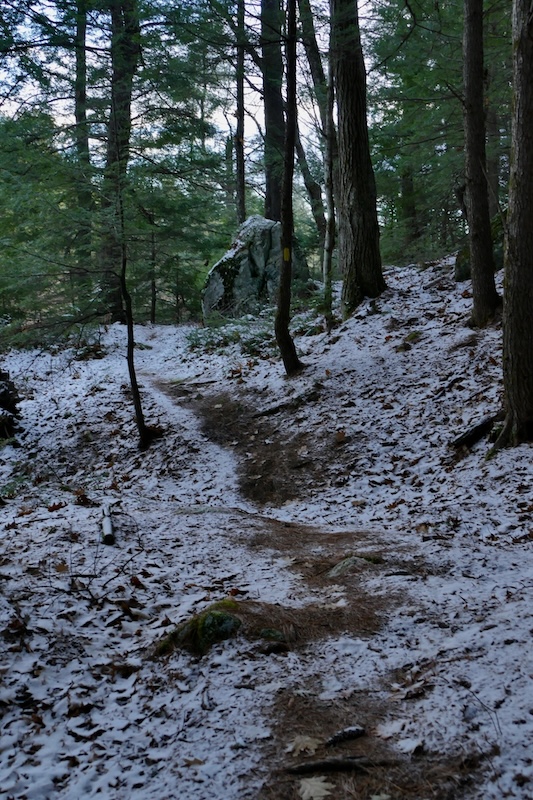

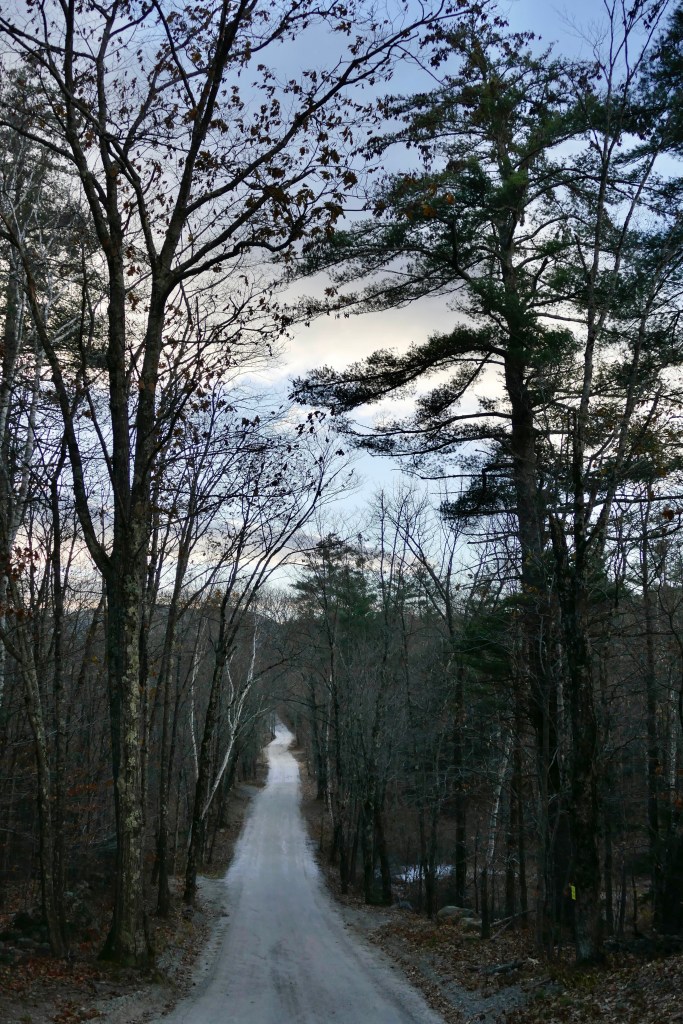






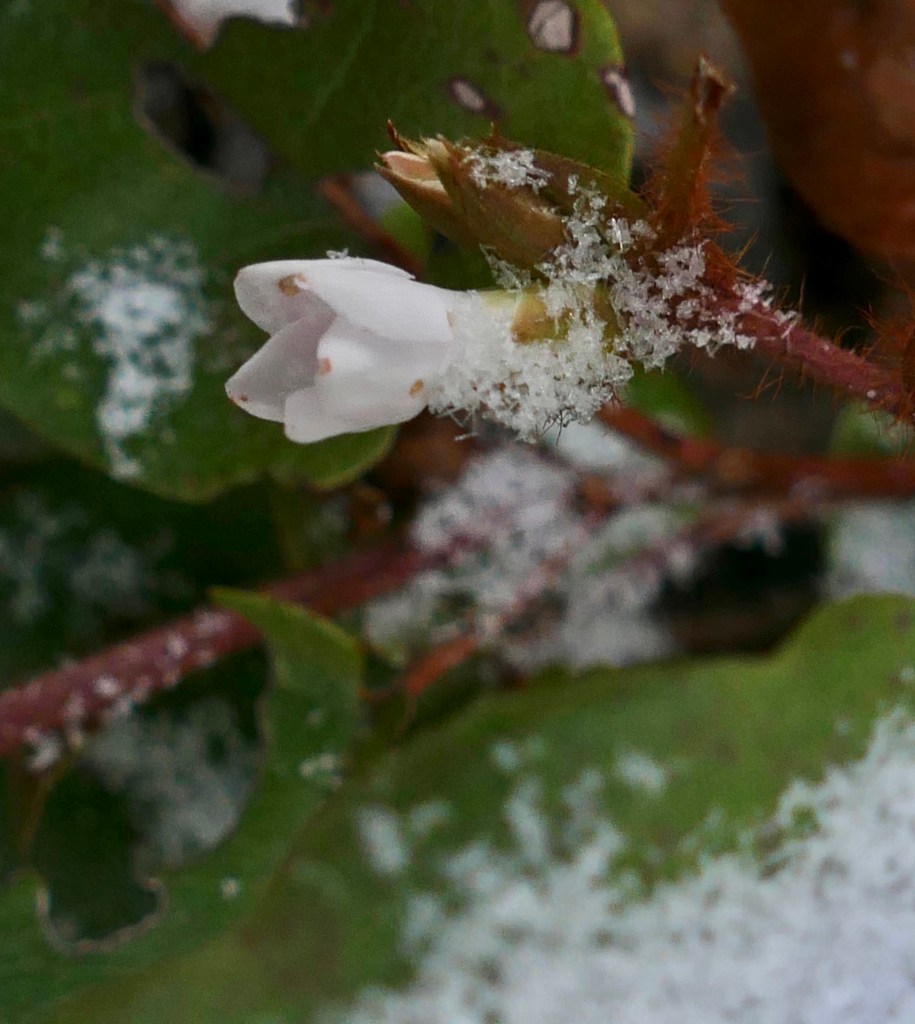
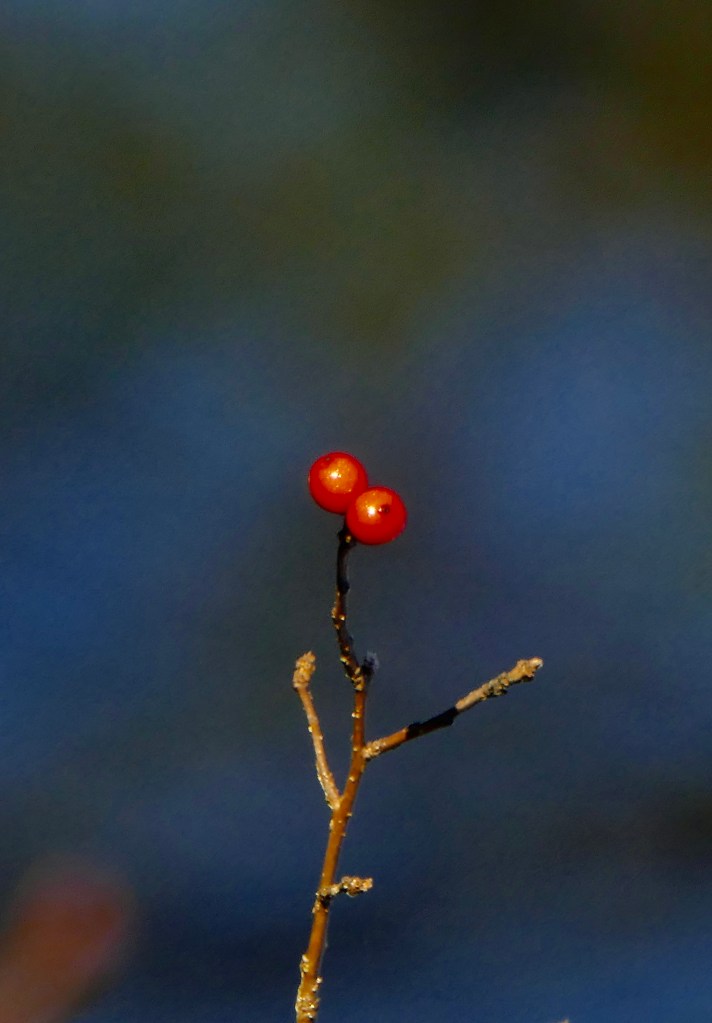
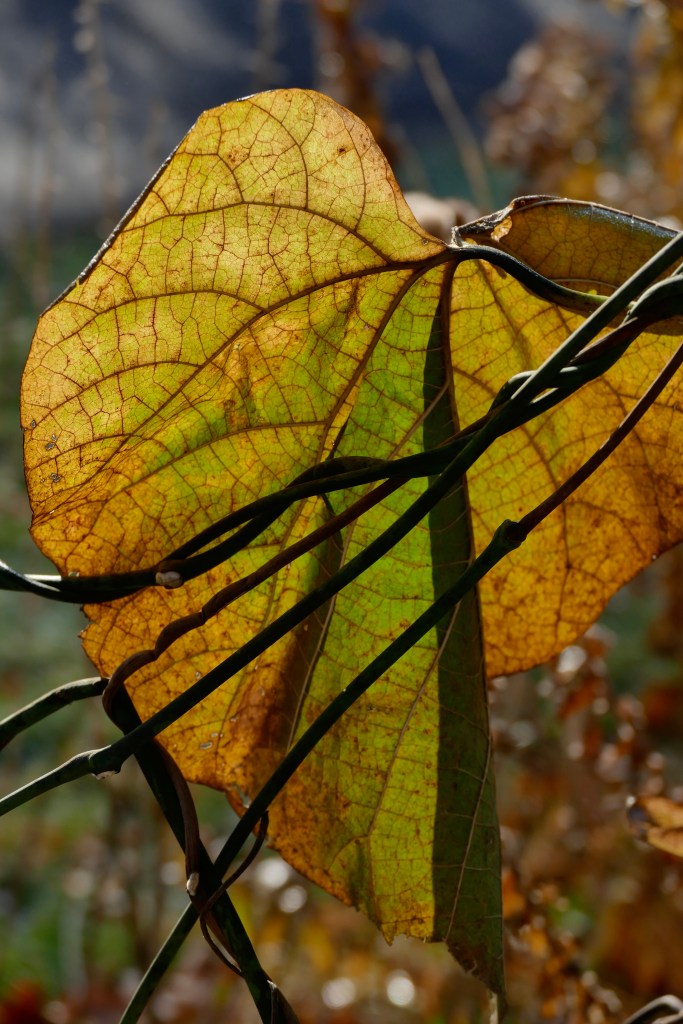

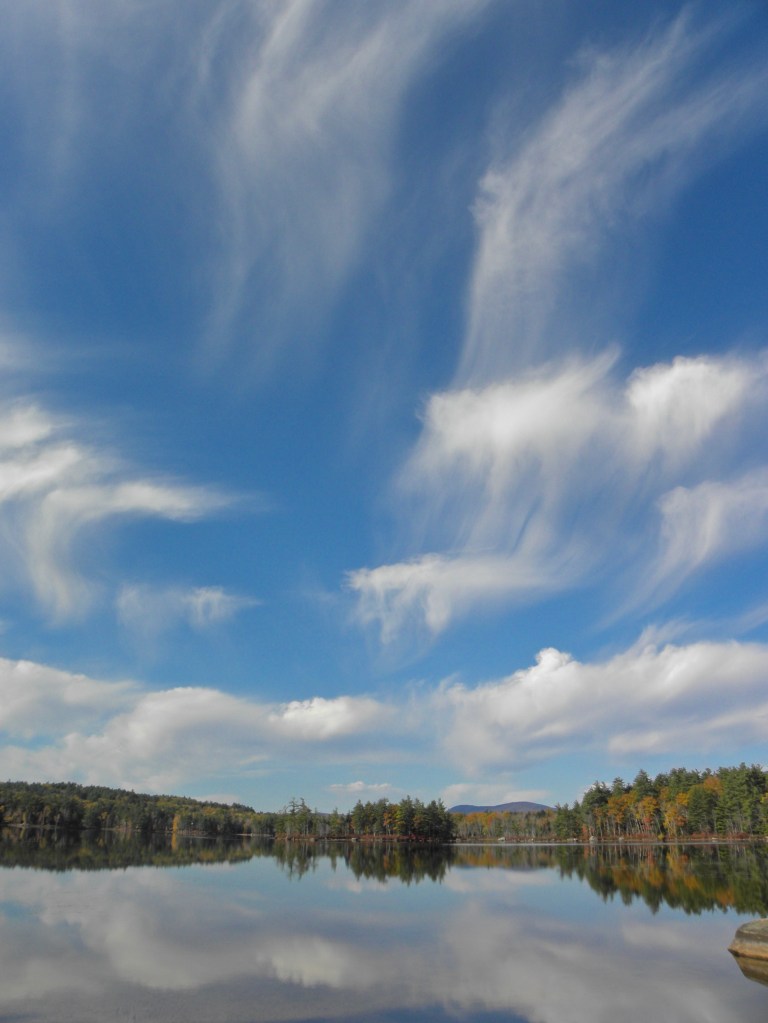
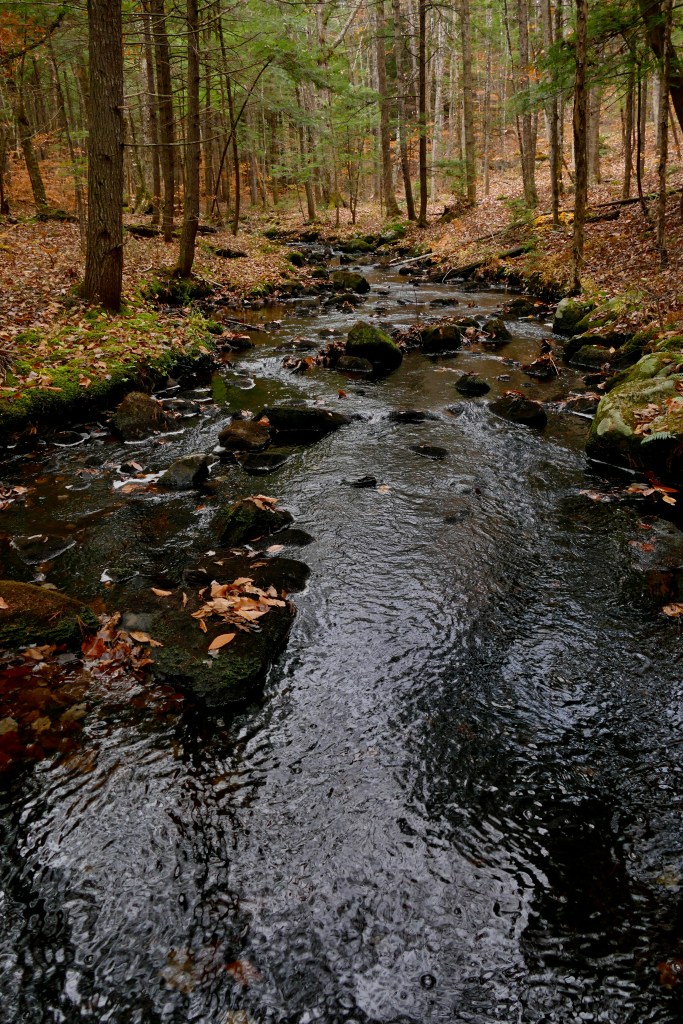







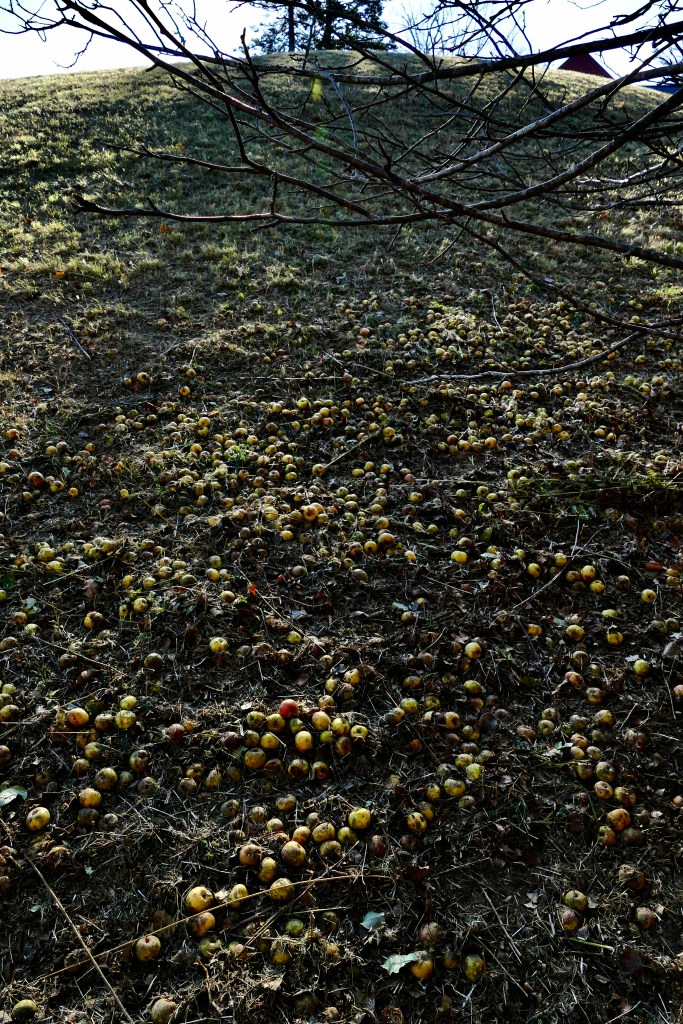

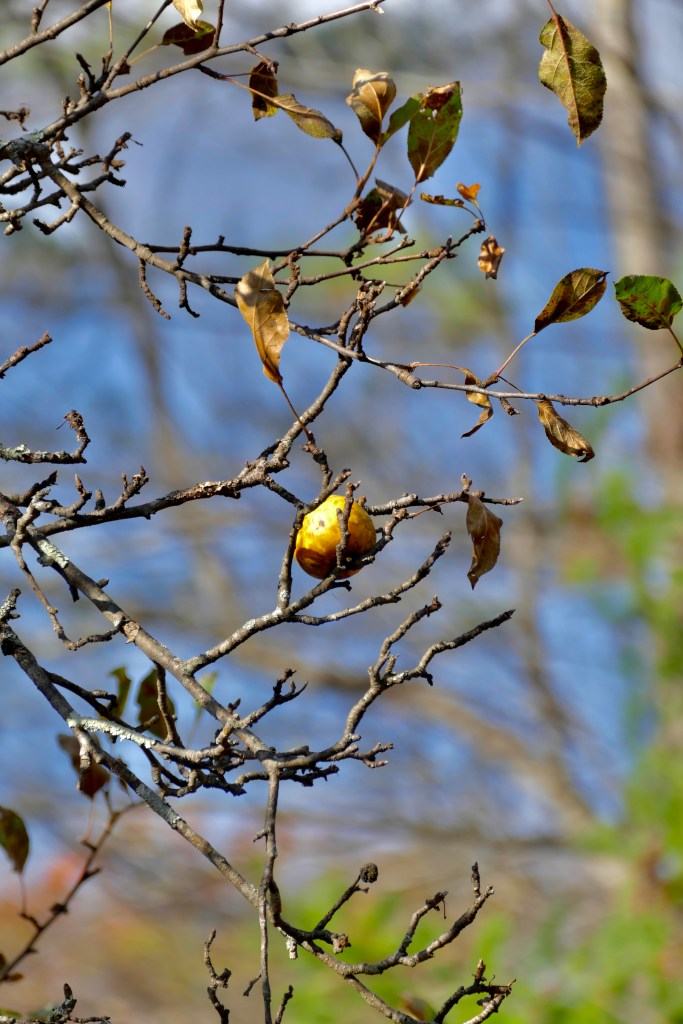
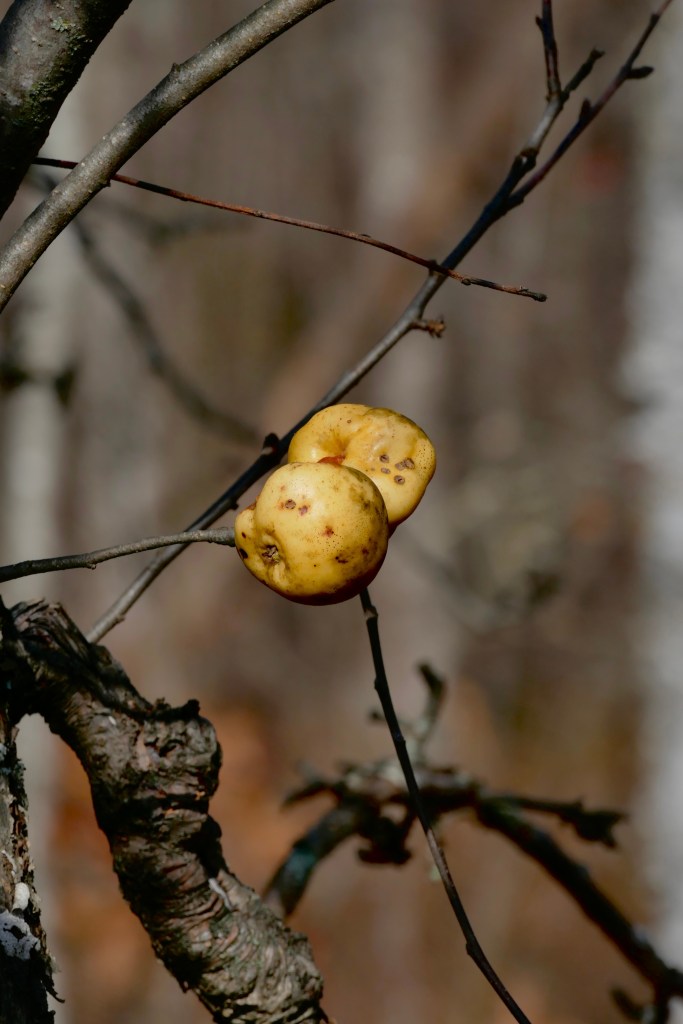
You must be logged in to post a comment.